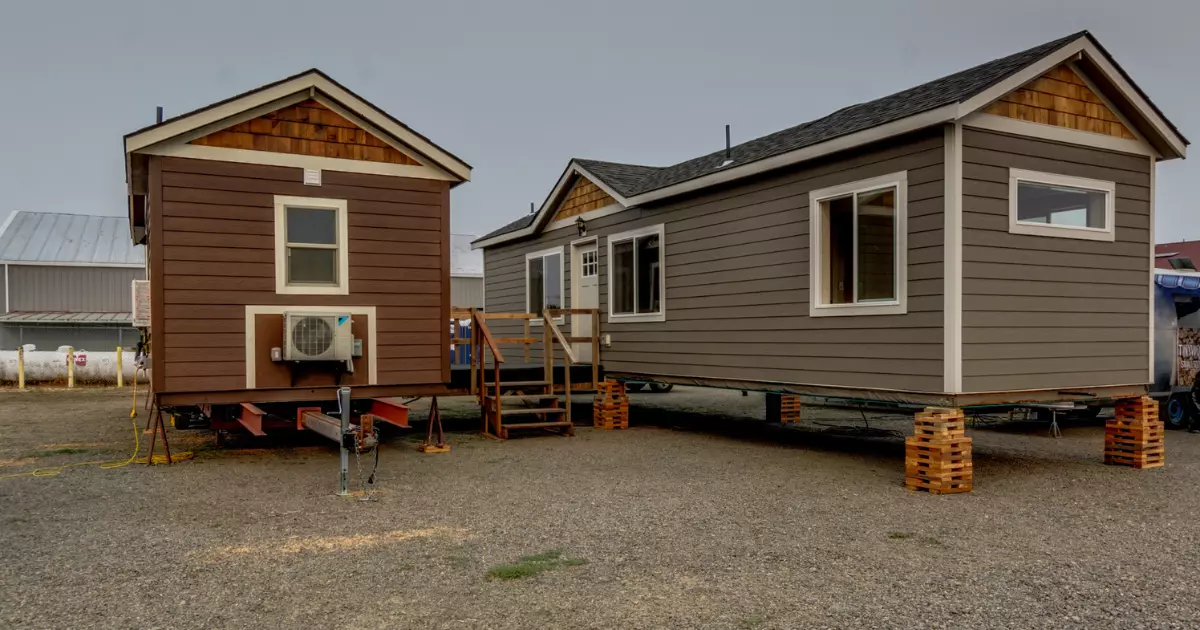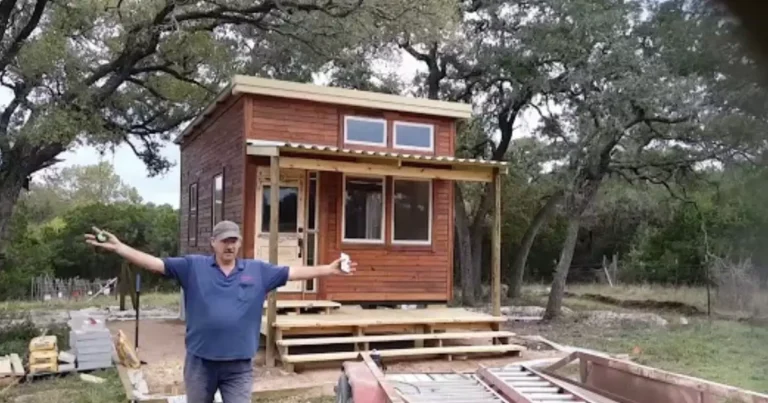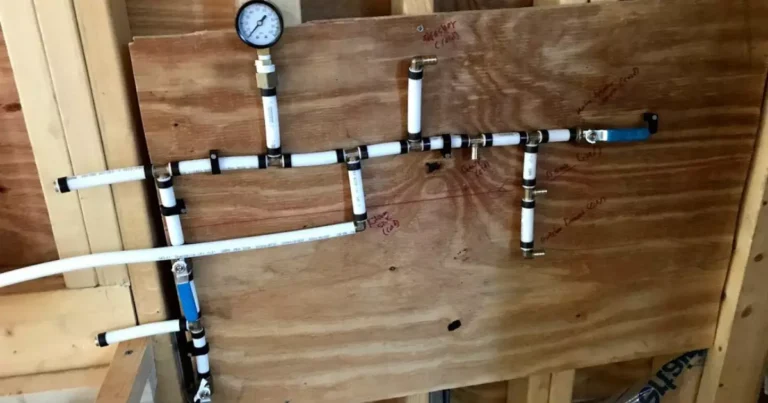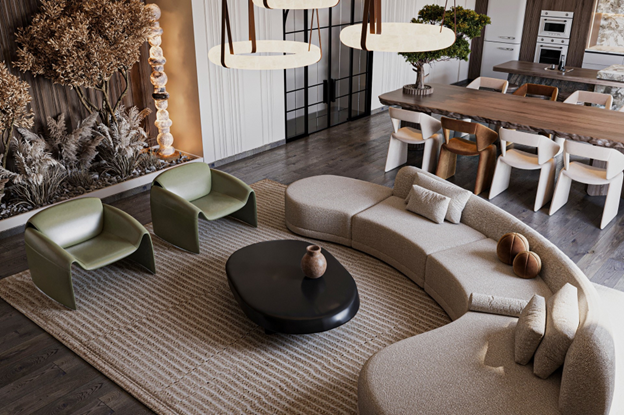Is a Tiny Home Considered a Mobile Home? Design Comparison

In recent years, the concept of tiny homes has gained significant attention as a minimalist and eco-friendly housing solution. These compact living spaces have sparked curiosity and debate about their classification, particularly whether they are considered mobile homes. In this article, we’ll delve into the nuances of tiny homes and mobile homes, exploring their definitions, key differences, and legal implications.
Defining Tiny Homes and Mobile Homes
Tiny homes are small, compact dwellings designed to maximize functionality and minimize space usage. They often range from 100 to 400 square feet and can be built on a foundation or mounted on a trailer. On the other hand, mobile homes, also known as manufactured homes, are prefabricated structures built in factories and transported to their final location. They are designed to be mobile but are generally larger than tiny homes.
Mobility and Foundation
The primary distinction between tiny homes and mobile homes lies in their mobility. Tiny homes can be built on a fixed foundation or on wheels, allowing them to be moved if necessary. Mobile homes, as the name suggests, are constructed with the intention of being mobile and are typically placed in designated mobile home parks.
Size and Design
Tiny homes embrace creative design to optimize space, utilizing multi-functional furniture and smart storage solutions. They prioritize efficiency and may feature lofted sleeping areas. Mobile homes, while smaller than traditional houses, tend to offer more space than tiny homes and are designed with a focus on comfort and functionality.
Legal Distinctions
From a legal standpoint, tiny homes and mobile homes are often subject to different regulations. Mobile homes are governed by specific standards set by the U.S. Department of Housing and Urban Development (HUD). Tiny homes, however, are subject to a range of regulations that can vary depending on factors such as size, location, and whether they are built on foundations.
Zoning and Regulations
Zoning regulations can impact the placement of both tiny homes and mobile homes. Mobile home parks are designated areas for mobile homes, offering infrastructure and amenities. Tiny homes may face zoning challenges, as some areas have minimum square footage requirements for residences.
Financial Considerations
Tiny homes can have a wide price range, depending on factors such as size, materials, and customization. Mobile homes are generally more affordable due to their factory production process. However, land costs and park fees can also impact overall expenses.
Pros and Cons of Tiny Homes
Pros:
- Minimalist lifestyle
- Reduced environmental impact
- Mobility options
Cons:
- Limited space
- Zoning challenges
- Limited appreciation value
Pros and Cons of Mobile Homes
Pros:
- Affordability
- Community amenities
- Mobility
Cons:
- Depreciation over time
- Limited customization
- Potential park restrictions
Lifestyle Factors
Choosing between a tiny home and a mobile home often depends on lifestyle preferences. Tiny homes appeal to those seeking a simpler, more sustainable way of living. Mobile homes can provide affordable housing options with communal facilities.
Environmental Impact
Tiny homes promote eco-conscious living through reduced energy consumption and resource usage. Mobile homes, while less resource-intensive than traditional houses, might not be as energy-efficient as well-designed tiny homes.
Building Codes and Safety
Mobile homes are subject to strict construction and safety standards set by HUD. Tiny homes on foundations must adhere to local building codes. However, those on wheels might not always align with these codes.
Customization and Personalization
Tiny homes offer a high level of customization, allowing owners to design their living spaces according to their needs and preferences. Mobile homes provide some degree of customization but are limited by factory design.
The Future of Tiny Homes
As interest in sustainable living grows, the popularity of tiny homes is likely to continue rising. They offer a flexible solution for those seeking an alternative to traditional housing. However, addressing regulatory challenges and gaining broader acceptance will be key to their long-term success.
FAQs
Are tiny homes more affordable than mobile homes?
Tiny homes’ costs vary widely based on size and customization, while mobile homes are generally more affordable due to their factory construction.
Can I put a tiny home on any vacant land I own?
Zoning regulations vary by location, and some areas might have restrictions on placing tiny homes on private land.
Do mobile homes hold their value over time?
Mobile homes tend to depreciate over time, especially if they are situated on rented land.
Can I build a tiny home on wheels without adhering to building codes?
While some jurisdictions might have exceptions for tiny homes on wheels, adhering to building codes is crucial for safety and legality.
Are there financing options available for tiny homes and mobile homes?
Yes, there are financing options available for both tiny homes and mobile homes, although the availability might vary based on factors like location and creditworthiness.
Conclusion
While both tiny homes and mobile homes offer unique advantages, they differ in their definitions, mobility options, legal implications, and design philosophies. The choice between the two ultimately depends on an individual’s priorities, lifestyle, and financial considerations. As the housing landscape evolves, both tiny homes and mobile homes contribute to the diverse range of housing options available today.





